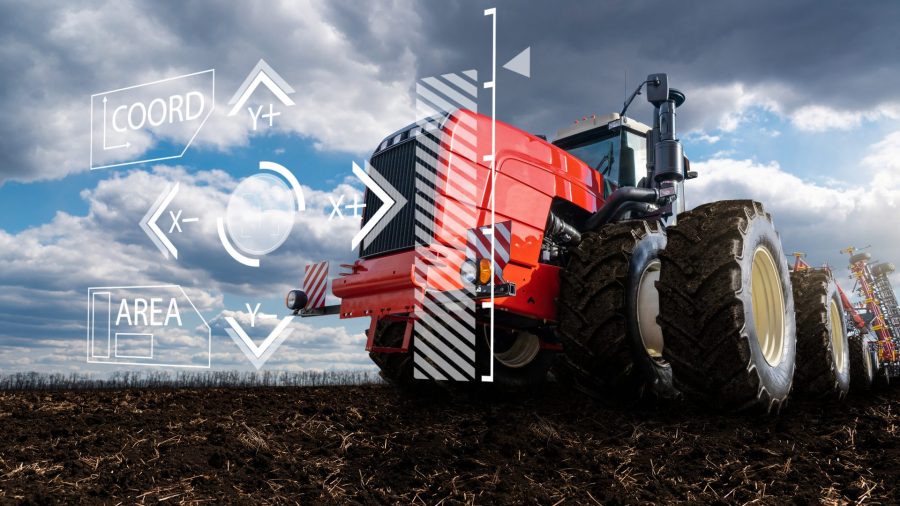Innovation is making it easier for farmers to optimize efficiency. And with that in mind, new agricultural technologies are the focus of The Food Institute’s report this month, which will be available to members starting April 19 (to join FI, click here).
“Traditional food and ag players are increasingly realizing innovation and disruption are here to stay,” said Romie Basra, Wells Fargo National Sustainable Tech Practice Leader SVP, in an interview with The Food Institute.
Blockchain, for example – a decentralized technology spread across multiple computers that records transactions – can significantly aid the farm industry’s supply chain, leading to more efficient delivery.
“Blockchain technology can unify the various touchpoints of the farm industry supply chain to create a transparent digital ecosystem,” Pramod Sajia, the president of Farm to Plate, told The Food Institute. “It, paired with the Internet of Things (IoT) and smart devices, paves the way for pinpoint food tracking and tracing.”
Another innovation that could be a game changer for farmers is the autonomous tractor. According to a recent report by Allied Market Research, the global autonomous tractors market is projected to grow nearly tenfold by 2030, reaching a valuation of $11.59 billion. Such machinery is typically equipped with GPS systems, sensors and other technologies that enable operation without continuous human intervention.
“Labor issues are complicating [things]; this is driving a surge in demand for automation solutions …” said Karol Aure-Flynn, Wells Fargo Food & Agribusiness Industry Advisors Sector Analyst VP.
“Some look at this as a way to help solve skilled labor shortages,” said Ryan Bergman, technical project specialist in Iowa State University’s agricultural and biosystems engineering department. “Others look at (autonomous tractors) as an opportunity to improve the profitability of their operations, by lessening the need to constantly have a skilled operator in the seat or allowing the farm owner or manager to leave the seat to accomplish other duties.”
Autonomous tractors can significantly aid farming processes such as tillage, seed sowing, fertilizing and harvesting, though Bergman still has some reservations regarding their safety.
“Without an operator in the seat, the machine itself must be able to evaluate how well it’s performing the task and be able to identify issues with the equipment and make adjustments or notify someone,” he said. “Ensuring equipment/people/environmental safety is, and will continue to be, the real challenge in this space.”
Nevertheless, farmers are intrigued by these tractors.
“Most farmers,” Bergman noted, “will quickly adopt things that help improve their profitability.”










